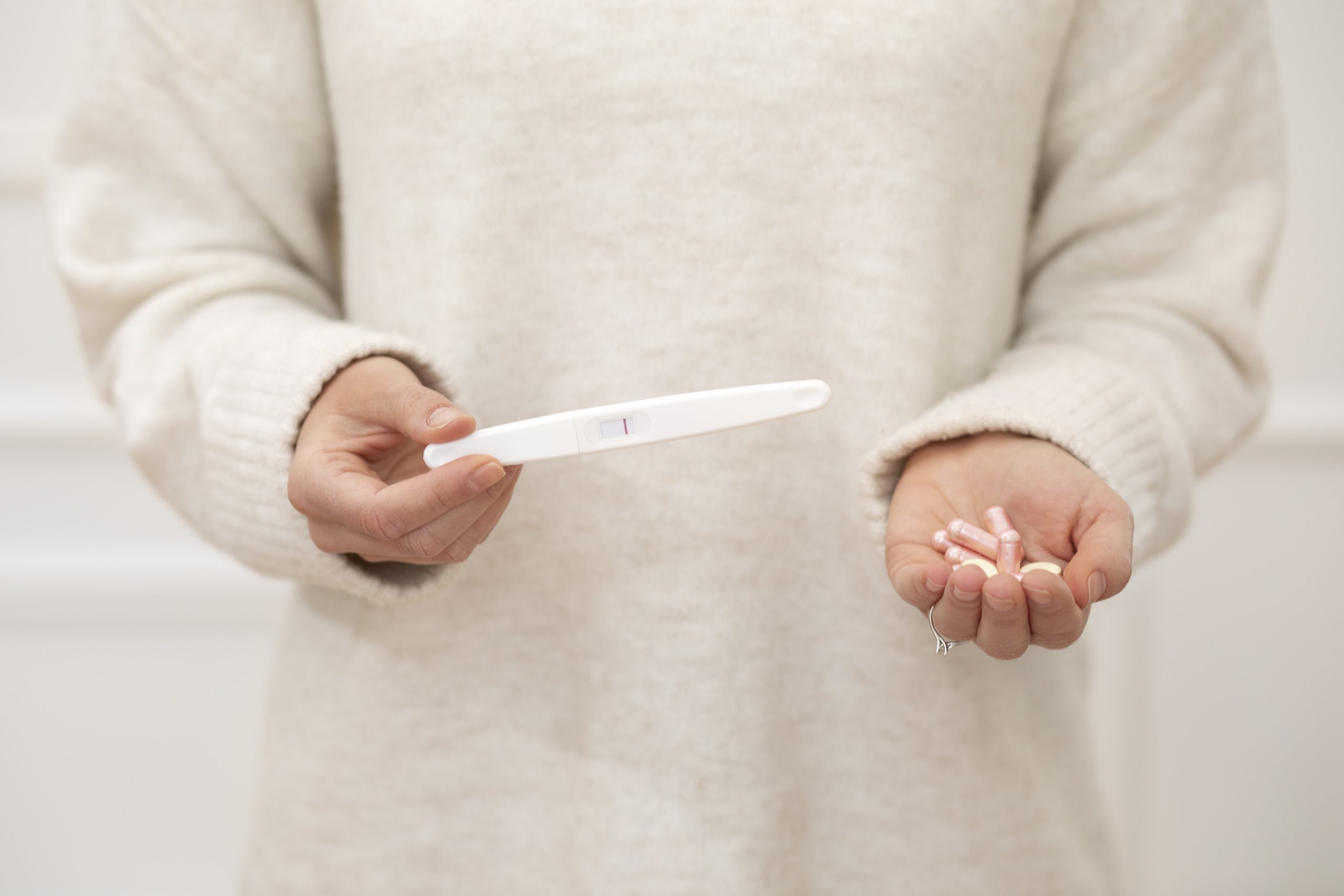


Motherhood is a profound, life-changing journey, filled with moments of indescribable joy. Yet sometimes, amid the happiness, there’s a pressing need to recognize and address a hidden struggle: Postpartum Depression (PPD). That’s why early postpartum depression treatment is essential.
In this article, we’ll guide you through a deeper understanding of postpartum depression, its symptoms, causes, and — most importantly — real, practical treatment strategies to help you heal and reclaim your inner light.
Postpartum depression is not a weakness or a flaw — it’s a real biological and emotional response to the immense hormonal, physical, and psychological changes that happen after childbirth.
Approximately 1 in 7 women experience postpartum depression. It’s important to differentiate it from the more common and milder “baby blues,” which usually resolve within two weeks.
Early recognition of these symptoms is crucial — seeking help early can make the recovery journey smoother and faster.

Postpartum depression is often the result of a combination of factors, including:
Remember: PPD is not your fault. It’s a real condition that deserves understanding and treatment, not shame.

Helps reframe negative thoughts, process overwhelming emotions, and strengthen mental resilience.
Safe options exist even for breastfeeding mothers, always under the supervision of a qualified doctor.
Sharing your experience with other new mothers can ease feelings of isolation and provide powerful emotional support.
In some cases, hormone-based therapies may help stabilize the biochemical imbalances that occur after childbirth.
Seeking professional help early can make a significant difference in your healing journey.

In addition to professional treatment and support, there are simple, practical steps you can take every day to support your emotional and physical healing after childbirth. These gentle exercises help you nurture self-love, build confidence, and restore your inner peace.
Therapeutic Tools to Support Your Postpartum Emotional Healing
Exercise 1: Write a Love Letter to Yourself
Write yourself a letter as if you were speaking to someone you deeply love. Speak with kindness. Remind yourself that you are strong, patient, and enough exactly as you are.
Example: “I am proud of everything you have been through. You give love beyond words. I see you — beautiful and strong.“
Keep this letter close. Whenever you feel overwhelmed, read it again to gently support yourself.
Exercise 2: Mirror of Self-Compassion
Take two minutes each day to stand in front of a mirror. Look into your own eyes and gently repeat:
“I deserve love. I am enough as I am. I am strong and wonderful.”
Even if it feels strange at first, staying consistent with this exercise can rebuild your relationship with your body and heart, opening the door to deep self-acceptance.

Healing from postpartum depression isn’t about being perfect. It’s about embracing your humanity, celebrating your resilience, and reclaiming your light.
You are not broken. You are growing, healing, and becoming even stronger.
Ready to reconnect with your body and embrace your post-baby life?



Enter your email address